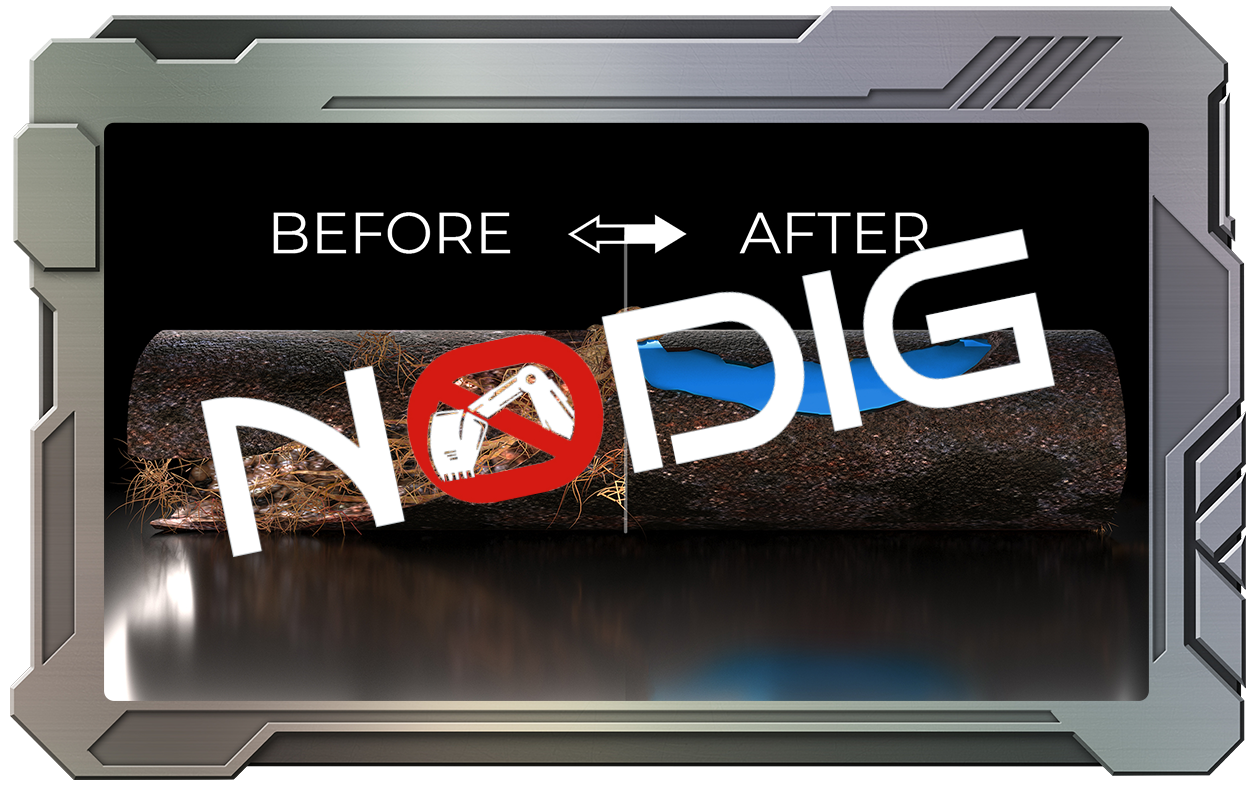Cold winter months can cause terrible problems for your home, especially when they create a frozen sewer line. When water freezes, it may cause ice build-up and blockage.
This is a great nuisance to homeowners as it often leads to a lack of water supply. If bad luck hits you, your frozen sewer pipes might even blow up at the weakest point, resulting in flooding. Yikes!
A burst pipe is more EXPENSIVE to repair. So, it's best to address your frozen sewer pipe immediately before it causes more trouble! Here's how.
How to Prevent Frozen Sewer Lines: Top 6 Tips
They always say, "prevention is better than the cure." So, before you bust your frozen sewer pipes, it's best to know how to prevent that from happening.
Here are 6 practical ways you can prevent frozen pipes:
1. Constant Water Flow
Allowing water to flow through your sewer pipes towards the sewer system constantly will likely prevent freezing.
So, when you hear a cold weather forecast on the news, get your water flowing IMMEDIATELY. You can have a small stream of water flowing from your sink that keeps the water pouring through the pipes.
2. Seal Off Outside Vents
Cold air starts to creep around the neighborhood when there's a sudden drop in temperature.
If cold air enters the basement or crawlspace where the other pipes are located, there is a HIGH chance of getting a frozen sewer pipe.
The best way to limit extreme cold from penetrating your sewer system and avoid frozen pipes is to seal the outside vents, especially the ones in your basement or crawlspace.
3. Insulate Your Sewer Pipe
Faulty insulation on plumbing lines might cause your lines to freeze. So, we HIGHLY SUGGEST having them properly insulated before colder months arrive.
To insulate the sewer lines, you only need to wrap the pipe insulation around the pipe in your plumbing system and secure it with electrical tape.
4. Inspect Your Water Heater
Aside from ensuring constant water flow throughout your sewer line, it's also best to maintain your water heater every once in a while to know if you're moderating the water temperature.
Warm water that freely flows down the drain ensures the pipes won't be ice-filled.
You want to avoid a heating malfunction during winter as much as possible to prevent freezing the sewer line.
5. Keep Your Drains Clear
You should prepare your snow shovel in case snow covers up your pipes to freeze them. Removing the snow on or around the pipelines keeps the sewer pipe warm.
It is also best to do so with your septic tanks and outdoor drain trap.
6. Bury Pipes Below the Frost Line
Burying the sewer line below the frost line is EXTREMELY HELPFUL in keeping your pipes warm. It will prevent frost and cold temperatures from penetrating the sewer line.
In New York City, the pipe should be buried 3 ft. below the ground. But if you're living in a different state and don't know how deep you should bury your pipe, you can consult a professional plumber.
NOTE: Burying the pipes below the frost line can still result in a frozen sewer line, specifically on parts in unheated areas. The best option is to maintain warm water streaming down the drain to avoid a frozen pipe.
Why Should You Prevent Frozen Sewer Lines?
As previously mentioned, a frozen sewer line will result in a lack of water supply or a busted pipe (which is a super expensive sewer line repair project).
It can also cause sewage backups and SIGNIFICANTLY DAMAGE your sewer line, septic tank, and even the drains. In some instances, frozen sewer lines will cause flooding in your property with sewage water.
Hence, it's important to prevent the sewer lines from freezing before it causes unwanted trouble. It won't just take up your time but also require you to shell out money for repairs and replacements.
How To Tell If You Have a Frozen Pipe
Several signs would tell you if you have frozen lines within your plumbing system, including:
Strange Sounds
Gurgling noises or unusual banging from your drain or pipes may indicate that they are freezing.
Specifically, you'll hear these strange sounds when there is ice moving inside the pipe, or the ice is beginning to thaw.
If this has been persistent for the past few days, it's best to call a plumber and see if your pipes are prone to bursting.
No Running Water
If there's a lack of water supply within your home or if it comes in a slow trickle, there's a great chance that you're suffering from major plumbing issues.
If the winter season has already started and it's 32 degrees outside, you can bet that a freezing sewer line is a problem.
Ice blockage is a possible result of build-up, which PREVENTS water from moving and coming through your pipe. Thus, there's no wonder the water coming from the tap is moving slowly or there's no supply.
Visible Frosting and Leaks
When your lines freeze, you'll most likely see visible frost. This is an obvious sign that you should already call a plumber. It's also best to avoid the tap and garden hose so you won't contribute to the build-up of ice in your sewer line.
Damp walls or unexplained puddles can also be a giveaway that the pipe is already leaking, especially when ice is thawing.
When you notice signs of leaking on floors and walls, it's best to call the plumber IMMEDIATELY.
Sewage Smells
When moving water becomes stagnant, it will surely release an unpleasant odor. So, if you're unsure where the smell is coming from, it's probably the water trapped in your lines.
FAQs
Let's answer some questions before we go!
When sewers freeze, the best solution is to thaw them. Before you can do this, you need to locate your sewer line, as well as the sewer line cleanout.
After which, you can pour hot water down the drains to thaw the blockage.
But you need to BE CAREFUL when doing this. Heated water might damage PVC pipes and plastic pipes, and it might cause pressure build-up.
If you're not confident with this method, it's always better to call for professional help.
Conclusion
When the lines freeze, you should already start worrying as it may cause a lot of trouble.
To avoid pipe freeze, you must keep the water moving and ensure that the pipes are installed properly. If it's already blocked, you can pour hot water down the drain to melt the build-up.
However, it's always best to call a professional plumber! They can inspect your lines with a sewer camera and perform hydro jetting of your drain and sewer line or other similar methods to wash away the blockage.
It's great to be listed on NoDig
-
Join a network of verified sewer repair specialists
-
Get recognized
-
Update your business information
Unlock your listing in minutes.






